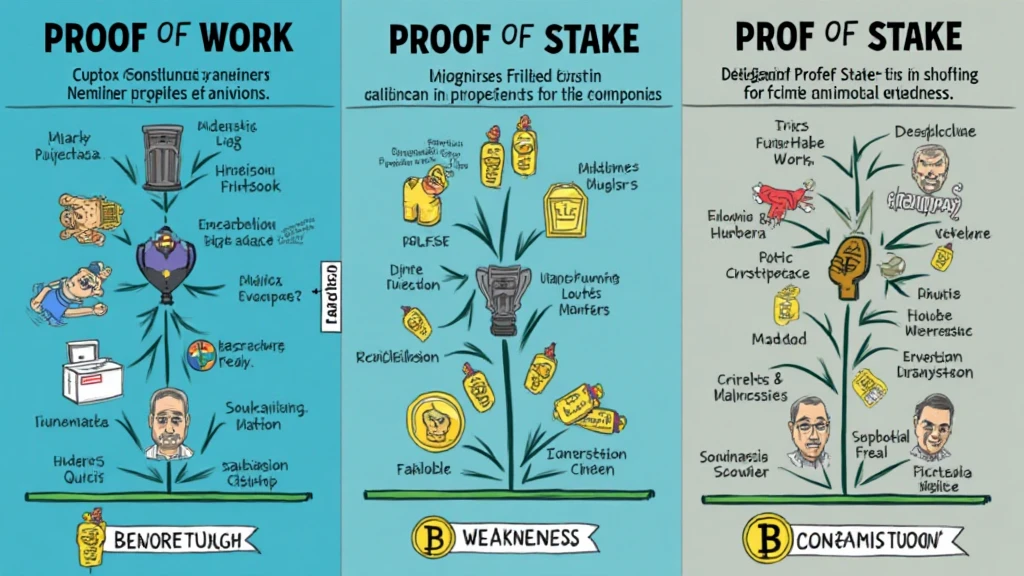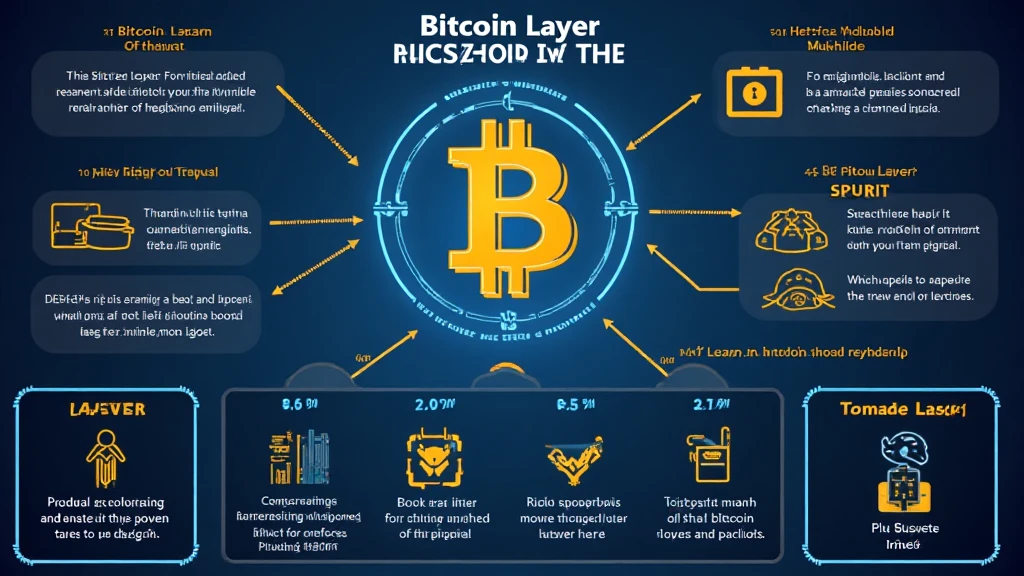Understanding Crypto Consensus Mechanisms: A Comprehensive Guide for Vietnam
With over 12 million crypto users in Vietnam and a growing market, understanding the mechanisms that drive this digital ecosystem is crucial. In this guide, we’ll delve into the various crypto consensus mechanisms that power blockchain technology, and what they mean for the future of crypto in Vietnam.
What Are Consensus Mechanisms?
Consensus mechanisms are the protocols that consider a transaction as legitimate in a blockchain. They ensure that all copies of the blockchain are the same across every user and provide a way to achieve agreement on a single data value among distributed processes or systems.
- They are essential for maintaining the integrity of the blockchain.
- Each mechanism has its unique strengths and weaknesses.
- They can affect transactions speed, security, and decentralization.
Types of Consensus Mechanisms
There are several types of consensus mechanisms widely used in the crypto industry today:

Proof of Work (PoW)
Like a physical vault requiring a key, Proof of Work requires miners to solve complex mathematical problems to validate transactions. This method is resource-intensive and affects energy consumption dramatically.
- Strengths: High security and decentralization.
- Weaknesses: Scalability issues and high energy costs.
Proof of Stake (PoS)
In contrast, Proof of Stake selects validators based on the number of coins they hold and are willing to “stake”. Much like a lottery, having more coins increases your chances of being chosen to validate transactions.
- Strengths: Energy-efficient and scalable.
- Weaknesses: Can lead to centralization if one entity holds too many coins.
Delegated Proof of Stake (DPoS)
This mechanism allows stakeholders to vote for delegates who will validate transactions on their behalf, akin to electing representatives.
- Strengths: Fast transactions and democratic involvement.
- Weaknesses: Potential for collusion among delegates.
The Impact of Consensus Mechanisms in the Vietnamese Market
Vietnam is witnessing a surge in crypto adoption, with a reported 300% increase in users over the past two years. This growing interest necessitates a better understanding of the underpinning technologies, especially consensus mechanisms.
A recent report indicates that Vietnamese investors are particularly interested in sustainable and low-energy alternatives, boosting PoS and DPoS systems.
Consensus Mechanism Vulnerabilities
Consensus vulnerabilities can leave blockchains exposed to various types of attacks, including:
- 51% attack: When a single entity gains control of over half the network’s mining power.
- Sybil attack: Creating multiple identities to gain influence in a network.
Protecting Against Attacks
To safeguard against these risks, implementing robust security measures is vital. Consider tools like Ledger Nano X, which mitigates hacks by over 70%. Moreover, educating users through localized resources in Vietnamese could significantly enhance user security.
Future Trends in Consensus Mechanisms
Looking ahead, the evolution of consensus mechanisms may include:
- Hybrid models: Combining Proof of Work and Proof of Stake to balance energy consumption and security.
- Increased regulatory focus: Governments may establish guidelines to mitigate risks associated with different consensus models.
Real-World Applications in Vietnam
Several Vietnamese startups are actively utilizing blockchain and exploring various consensus mechanisms:
- Startup A: Uses a DPoS model to enhance transaction speed for a local payment system.
- Startup B: Implements PoS for its decentralized finance platform catering to young investors.
Conclusion: The Importance of Understanding Consensus Mechanisms
As the crypto landscape evolves, increased knowledge about crypto consensus mechanisms becomes invaluable, especially for regions like Vietnam where innovation is thriving. Embracing these technologies will not only shape the future of finance but also empower users in navigating their assets securely.
This guide serves as a starting point for Vietnamese users interested in enhancing their understanding of the fundamentals of the crypto world. For more specific guidance on topics like how to audit smart contracts or a comprehensive look at the best altcoins for potential by 2025, it’s essential to delve deeper into these subjects.
For detailed definitions and a growing glossary, visit MyCryptoDictionary, your go-to resource for all things blockchain.
Author: Dr. Nguyen Thanh holds a PhD in Computer Science specializing in blockchain technology and has conducted extensive research on digital asset security. He has published over 15 papers in peer-reviewed journals and led audits for several prominent blockchain projects.





